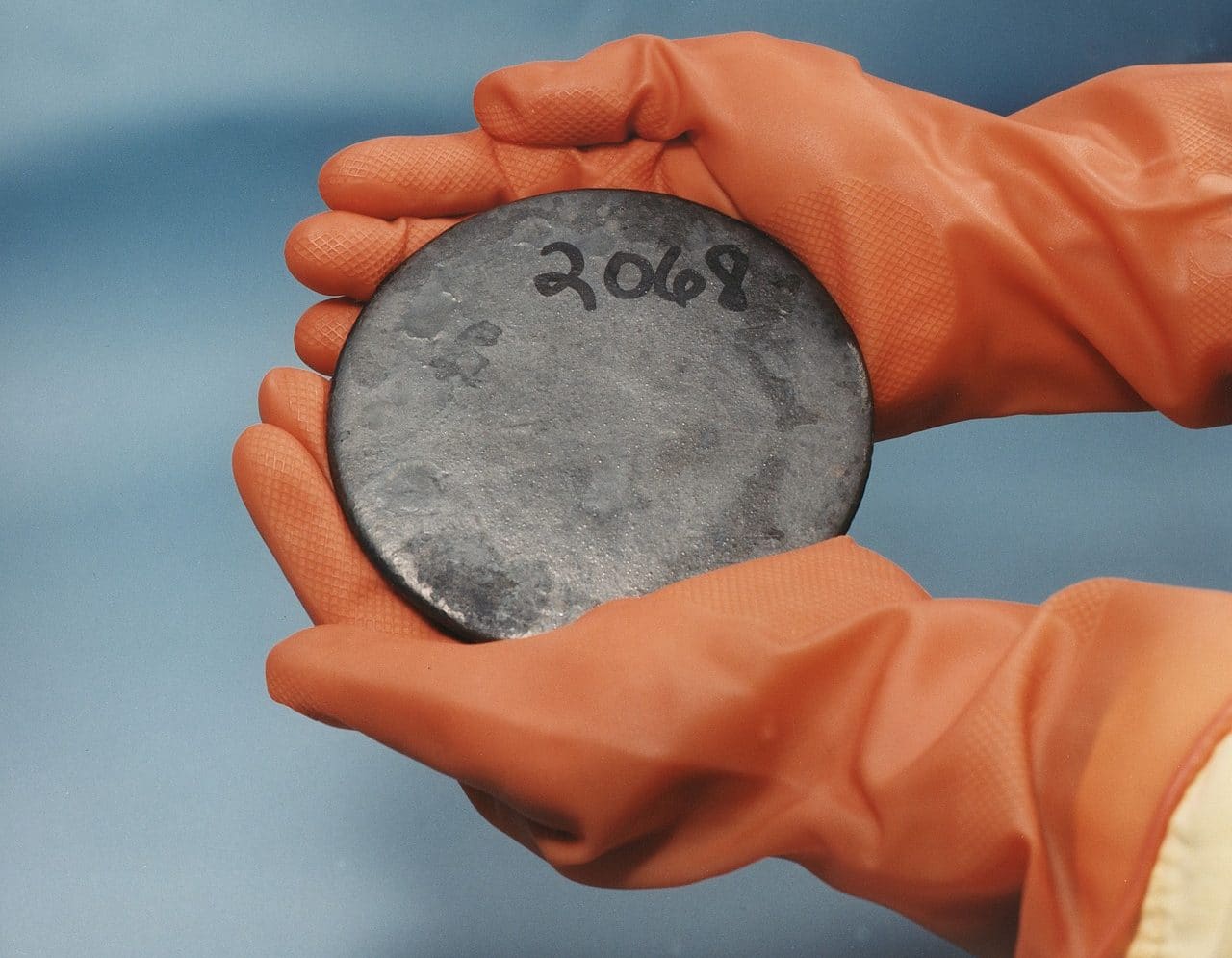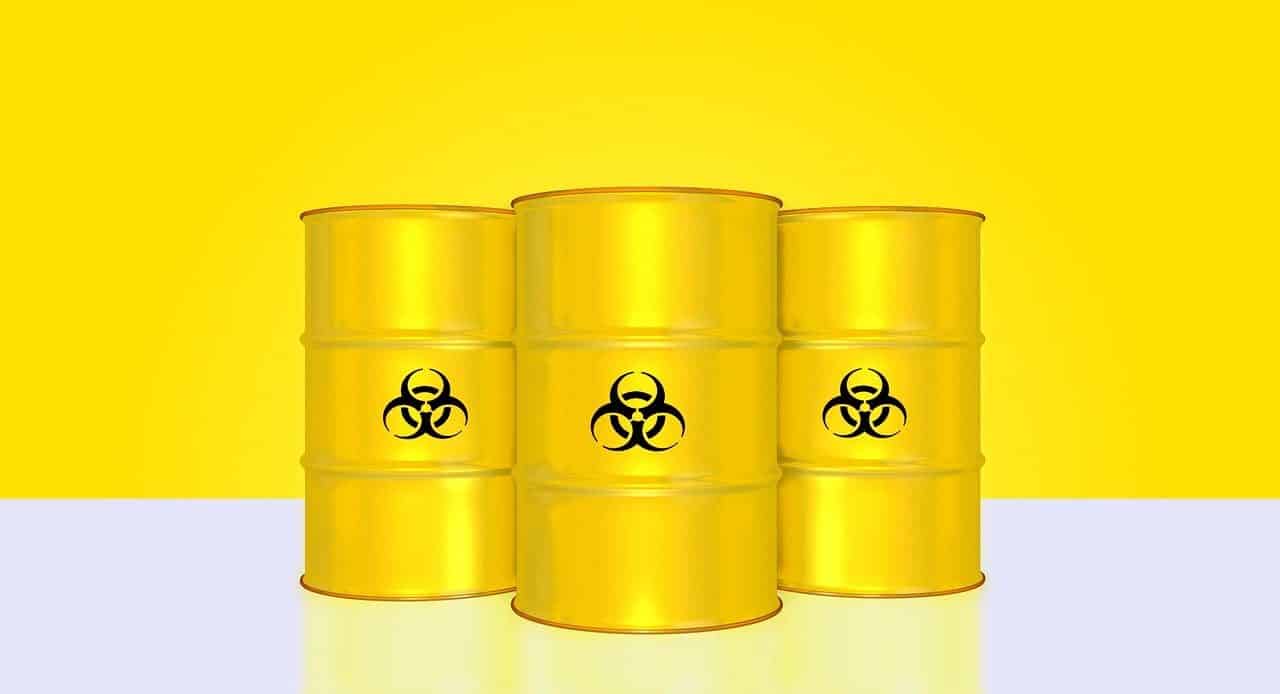
Uranium is characterized by its high atomic weight.
Uranium is a metal whose atomic number is 92 . It is a radioactive chemical element, which has the U as a chemical symbol. The main characteristic of uranium is its weight: it is the element that has the highest atomic weight among those that can be found in nature.
Discovered by the German chemist Martin Heinrich Klaproth in 1789 , uranium is found in very low levels in living things, water and rocks. Its origin is found in supernovae ( star explosions). Currently there are various techniques that allow uranium to be extracted and concentrated.
Uses of uranium
It is important to highlight that the uses of uranium are varied. It can be used in the photography sector, as fuel for nuclear reactors, in the production of bombs, in the development of armor and in the production of glass, to name a few possibilities.
Among the world's leading uranium producers are Kazakhstan , Canada , Australia , Namibia , Niger , Russia , Brazil and the Democratic Republic of the Congo . The greater the use of nuclear energy , the greater the production of uranium is required.

Uranium is a radioactive chemical element.
The isotopes
Enriched uranium is the result of a process that is applied to natural uranium to obtain a specific isotope. This process , in turn, generates a byproduct known as depleted uranium .
Among the most common isotopes of uranium are uranium-238 (which has 146 neutrons) and uranium-235 (with 143 neutrons).
Health effects of uranium
It is important to know the effects that this metal can have on our health , since human beings are constantly exposed to it through food, water, contact with the ground and air. When we drink water or eat a meal, a small amount of natural uranium always enters our body, and the same thing happens when we breathe.
Each food has a different concentration of uranium, and in some cases the value is practically insignificant; To know this information, it is necessary to consult the packaging or speak to a specialist.
Different degrees of exposure
The highest exposure to uranium occurs in people who live in areas near mines or landfills of substances considered dangerous, those who work in the phosphate industry, and those who eat food harvested from contaminated soils. A more specific case occurs in the use that some artists give to uranium glass, a product that has been prohibited for years.
Although exposure to moderate levels of uranium, which occurs in some of the activities and situations mentioned above, does not have worrying effects on our health, excesses can cause serious diseases , including liver disease and cancer. especially with enriched uranium, since it is more radioactive than natural uranium.
Some scholars of the subject point out that during an accident at a nuclear power plant, enriched uranium can affect the reproductive capacities of people in the vicinity; On the other hand, this has not been proven with respect to natural uranium.
Each type of soil has different concentrations of uranium, and they are generally very low. It is through industrial activities that humans increase these values and, in this way, the combination of compounds can last for many years without reaching the groundwater. Soils rich in phosphate have the highest concentrations of uranium, although this is not necessarily negative, since they do not usually reach the levels inherent to contamination .
Uranium as a name
Uranium , on the other hand, is the name of an ancient town in Caria (a historical region that is now part of Turkey ). This city was part of the Delian League.
A Peruvian television channel that stopped broadcasting in 2007 was also called Uranio .
